comparative toxicokinetic study of rubber antioxidants, 2
Comparative toxicokinetic/toxicodynamic study of rubber
2-Mercaptobenzimidazole (MBI), a rubber antioxidant, is known to exhibit potent thyroid toxicity in rats, whereas its methylated derivatives are much less toxic. To characterize this methyl-substituent effect on the thyroid toxicity of MBI, comparative toxicokinetic analyses have been conducted in the present study.
Send Inquiry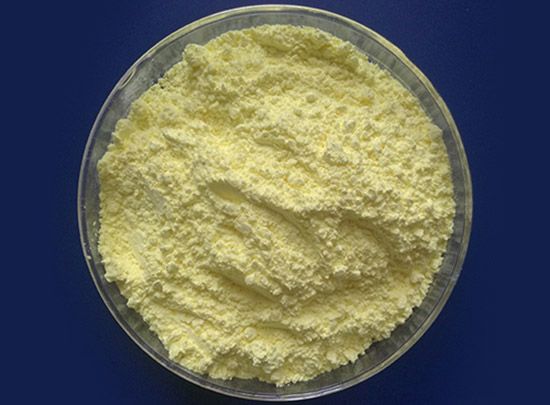
Comparative toxicokinetic study of rubber antioxidants, 2
Comparative toxicokinetic study of rubber antioxidants, 2- mercaptobenzimidazole and 2-mercaptomethylbenzimidazole, by single oral administration in rats.
Send Inquiry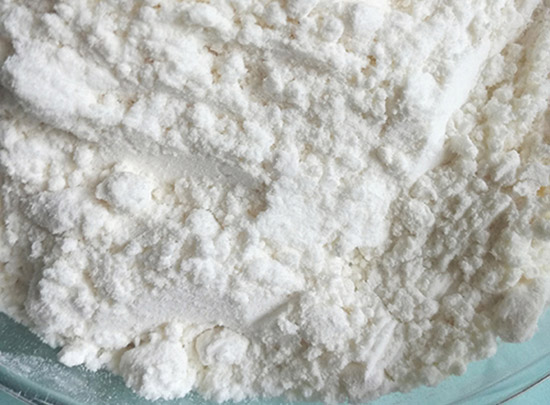
Comparative toxicokinetic study of rubber antioxidants, 2
Toxicokinetics of 2-mercaptobenzimidazole (MBI) and 2-mercaptomethylbenzimidazole (MMBI), rubber antioxidants with thioureylene structure, were compared after single oral administration in rats. Male Wistar rats received single oral administration of 2, 10, 50 and 250 mg/kg of MBI or MMBI.
Send InquiryComparative toxicokinetic/toxicodynamic study of rubber
Toxicity study of a rubber antioxidant, 2-mercaptobenzimidazole, by repeated oral dose administration to rats The significance of hepatic microsomal en-zyme induction and altered thyroid function ...
Send InquiryFundamental Toxicological Sciences
5-methyl-2-mercaptobenzimidazole (5-MeMBI) constitute 4(or5)-methyl-2-mercaptobenzimidazole (4(5)-MeMBI) as the 1:1 mixture that has been widely used as an indus-trial material, including a rubber antioxidant, corrosion inhibitor, and copper-plating brightener, similar to its unmethylated chemical form, 2-mercaptobenzimidazole
Send InquiryThyrotoxic rubber antioxidants, 2-mercaptobenzimidazole
Thyrotoxic rubber antioxidants, 2-mercaptobenzimidazole and its methyl derivatives, cause both inhibition and induction of drug-metabolizing activity in rat liver microsomes after repeated oral administration
Send InquiryMolecular Interaction Mechanism between 2
Abstract. 2-Mercaptobenzimidazole (MBI) is widely utilized as a corrosion inhibitor, copper-plating brightener and rubber accelerator. The residue of MBI in the environment is potentially harmful. In the present work, the toxic interaction of MBI with the important antioxidant enzyme copper-zinc superoxide dismutase (Cu/ZnSOD)...
Send Inquiry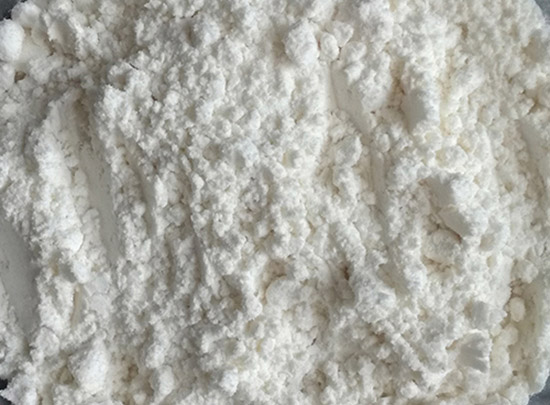
Comparative Study on Natural and Synthetic Antioxidants
The influence of NA in natural and synthetic rubber was investigated by comparing with TMQ, which is one of the most commonly used synthetic antioxidant in natural rubber (NR) product. Tensile properties, tear strength and crosslink density were investigated to interpret the experimental data related to the oxidation of natural (SMR CV60) and synthetic rubber (SBR).
Send InquiryComparative toxicokinetics of chlorinated and brominated
Comparative toxicokinetics of chlorinated and brominated haloacetates in F344 rats. Schultz IR(1), Merdink JL, Gonzalez-Leon A, Bull RJ. Author information: (1)Battelle Pacific Northwest National Laboratory, Richland, Washington, 99352, USA.
Send Inquiry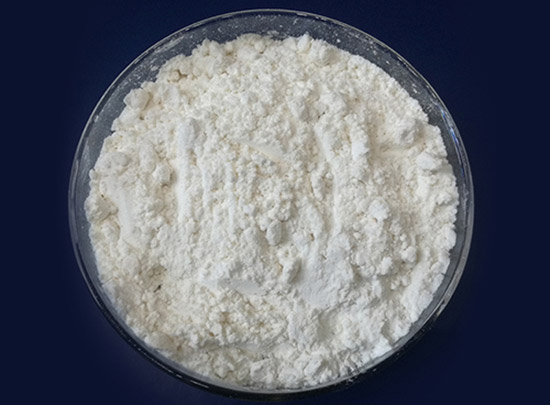
Justification Document for the Selection of a CoRAP Substance
JUSTIFICATION DOCUMENT FOR THE SELECTION OF A CORAP SUBSTANCE _____ EC no 258 -904 8 MSCA - DE Page 8 of 10 5. JUSTIFICATION FOR THE SELECTION OF THE CANDIDATE CORAP SUBSTANCE 5.1. Legal basis for the proposal Article 44(2) (refined prioritisation criteria for substance evaluation) Article 45(5) (Member State priority) 5.2.
Send InquiryComparative toxicokinetic study of rubber antioxidants, 2
Comparative toxicokinetic/toxicodynamic study of rubber antioxidants, 2-mercaptobenzimidazole and its methyl substituted derivatives, by repeated oral administration in rats
Send InquiryComparative toxicokinetic/toxicodynamic study of rubber
2-Mercaptobenzimidazole (MBI), a rubber antioxidant, is known to exhibit potent thyroid toxicity in rats, whereas its methylated derivatives are much less toxic. To characterize this methyl-substituent effect on the thyroid toxicity of MBI, comparative toxicokinetic analyses have been conducted in the present study.
Send Inquiry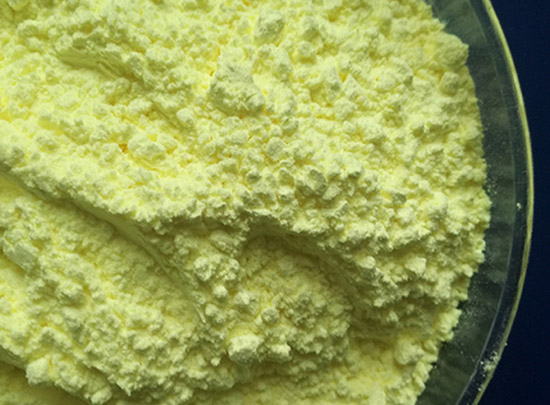
Comparative toxicokinetic study of rubber antioxidants, 2
Toxicokinetics of 2-mercaptobenzimidazole (MBI) and 2-mercaptomethylbenzimidazole (MMBI), rubber antioxidants with thioureylene structure, were compared after single oral administration in rats. Male Wistar rats received single oral administration of 2, 10, 50 and 250 mg/kg of MBI or MMBI.
Send Inquiry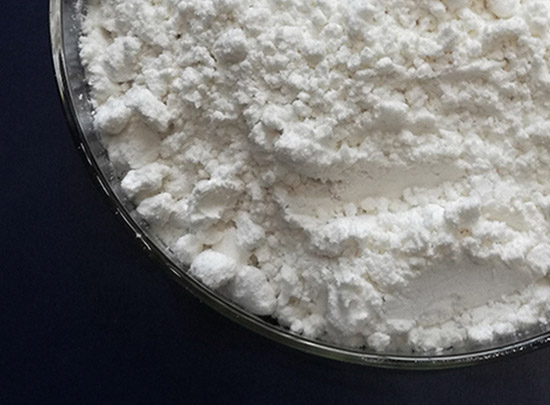
Toxicity study of a rubber antioxidant, 2
Toxicity study of a rubber antioxidant, 2-mercaptobenzimidazole, by repeated oral administration to rats. In addition, hematological examination and serum biochemical tests revealed decreased white blood cells and hemoglobin and increased serum urea nitrogen, cholesterol, phospholipid, gamma-glutamyl transpeptidase and the Na+/K+ ratio in...
Send Inquiry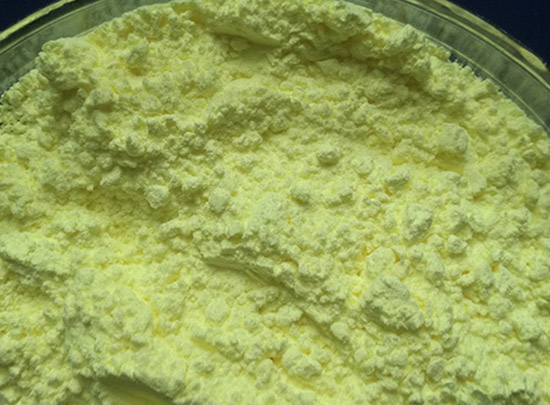
Fundamental Toxicological Sciences
Comparative toxicokinetic/toxicodynamic study of rubber anti- oxidants, 2-mercaptobenzimidazole and its methyl substitut- ed derivatives, by repeated oral administration in rats. Arch.
Send Inquiry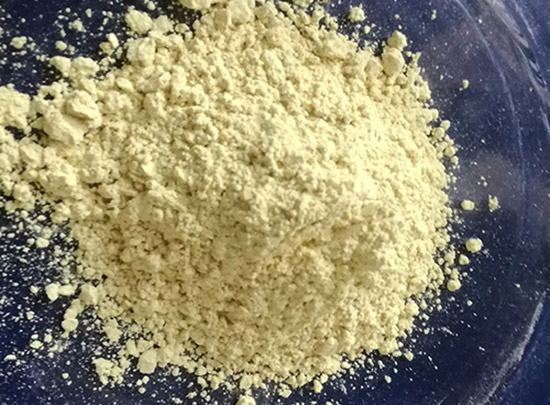
Comparative toxicokinetic/toxicodynamic study of rubber
Toxicity study of a rubber antioxidant, 2-mercaptobenzimidazole, by repeated oral dose administration to rats The significance of hepatic microsomal en-zyme induction and altered thyroid function
Send Inquiry
Thyrotoxic rubber antioxidants, 2-mercaptobenzimidazole
Thyrotoxic rubber antioxidants, 2-mercaptobenzimidazole and its methyl derivatives, cause both inhibition and induction of drug-metabolizing activity in rat liver microsomes after repeated oral administration
Send InquiryMolecular Interaction Mechanism between 2
Abstract. 2-Mercaptobenzimidazole (MBI) is widely utilized as a corrosion inhibitor, copper-plating brightener and rubber accelerator. The residue of MBI in the environment is potentially harmful. In the present work, the toxic interaction of MBI with the important antioxidant enzyme copper-zinc superoxide dismutase (Cu/ZnSOD)...
Send Inquiry